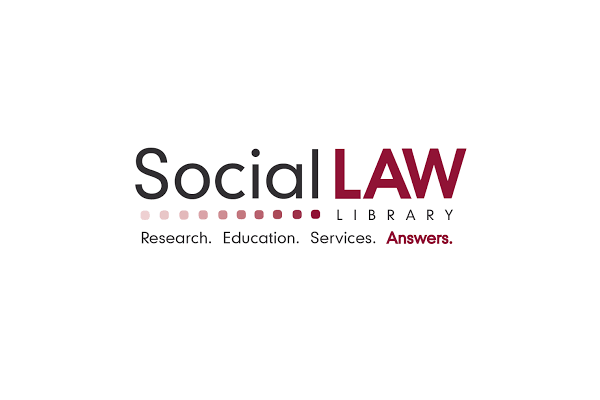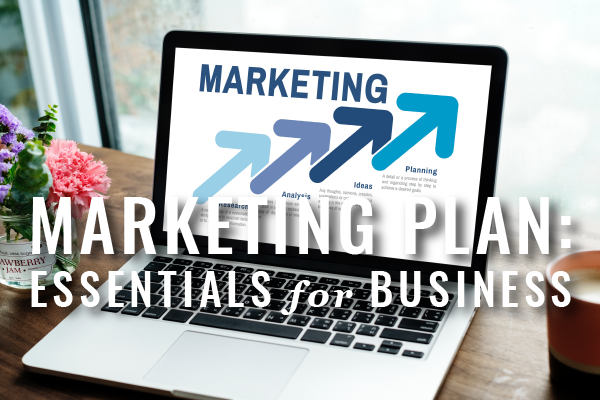Google’s latest urgent update applies to Chrome users on all major operating systems, as privacy concerns remain.
This comes as Chrome’s 5th urgent upgrade warning in just 2 months, as a new Forbes article points out, adding:
In a new blog post, Google has revealed five new ‘High’ rated security threats have been discovered in Chrome and the vulnerabilities impact Chrome users on all major operating systems: Windows, macOS and Linux. …
To protect yourself from these new threats, all Chrome users should go to Settings > Help > About Google Chrome. If your browser version on Linux, macOS and Windows is listed as 93.0.4577.63 or above you are safe. If not, the About screen should prompt you to update and restart your browser. You should do this immediately.
Separate from but related to security vulnerabilities are privacy concerns related to Chrome. Lawyers can find privacy considerations in this recent post from the NCBA Center for Practice Management, which includes the following notes on web browsers. Microsoft Edge has better security and a particularly intuitive interface for Chrome users to switch to.
Most of the major browsers (Firefox, Safari, Edge, Chrome) are taking steps to help block trackers, but not too much since they exist to serve up websites and ads so it would be counter to their bottom line to completely block them. Because of new data privacy laws, you will often see at the bottom of a website a click through agreement to accept cookies or choose to not use the site. Here are some things you can do to protect your browsing habits:
- Use a third-party ad cookie blocker extension like Ghostery (opt out of Ghost Rank) or Privacy Badger and use an ad blocker like AdBlock Plus or uBlock Origin. Duke University has some other suggestions, including using incognito/private browsing in different browsers.
- Use a secure browser like Brave, Tor, Vivaldi, or on your smartphone try DuckDuckGo.
- Dump your cache and cookies when you exit your browser.
- Delete your browsing history and search history.
- Don’t save your passwords in your browser.
- Block “Show notifications” pop-ups in your browser.
- Stay logged out of your browser.
- If you are a Chrome user, consider a Privacy Checkup (and a grain of salt).
- Use Mine to track your digital footprint.
- Do not use one account to log into another. When you sign up for a new service it will often offer to let you associate your Google or Facebook account for single sign on. Do not do this, but instead create a new username and password.
Related:
More Cybersecurity posts on Mass LOMAP
Free & Confidential Consultations:
Lawyers, law students, and judges in Massachusetts can discuss concerns with a law practice advisor, licensed therapist, or both. Find more on scheduling here.




